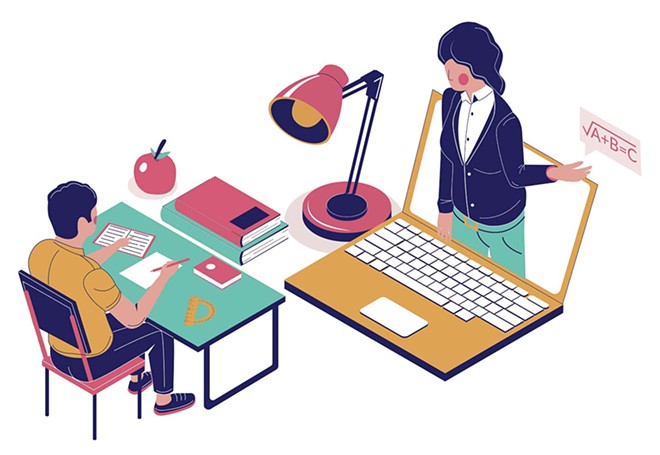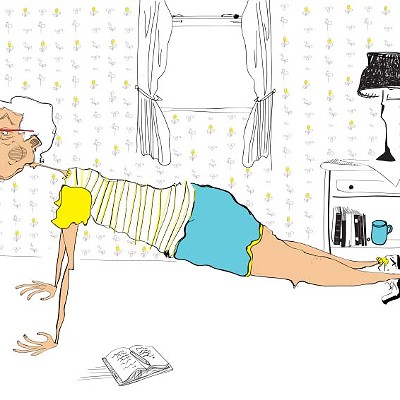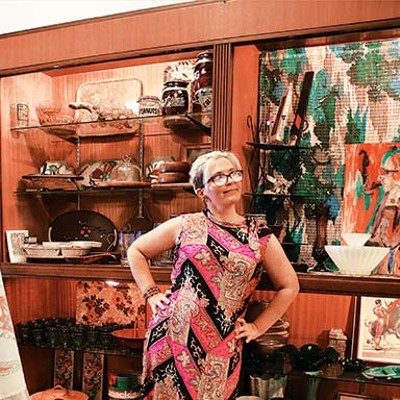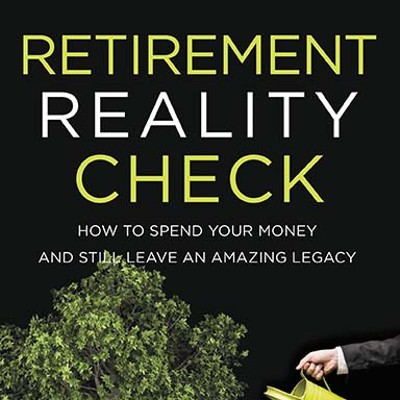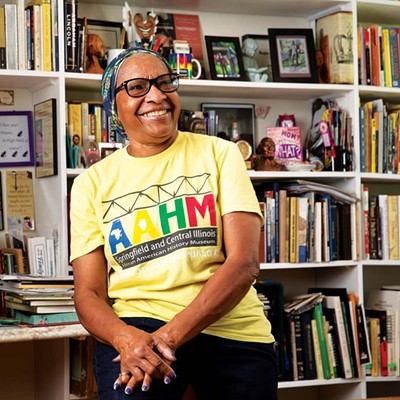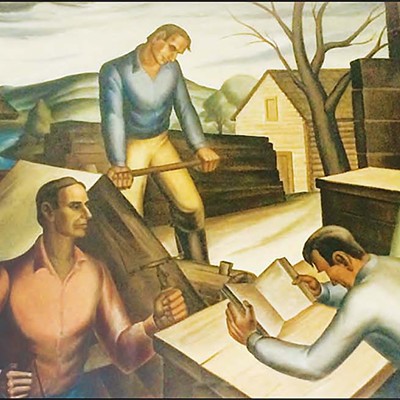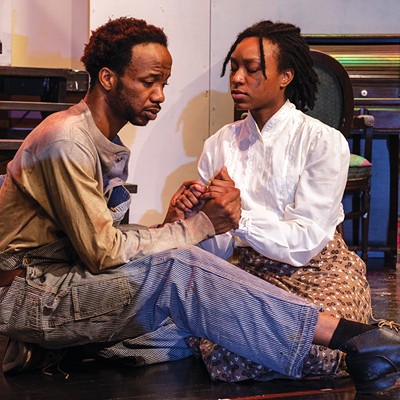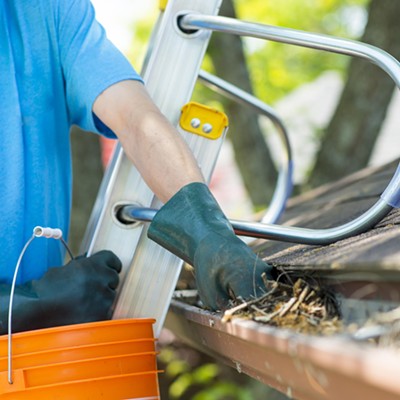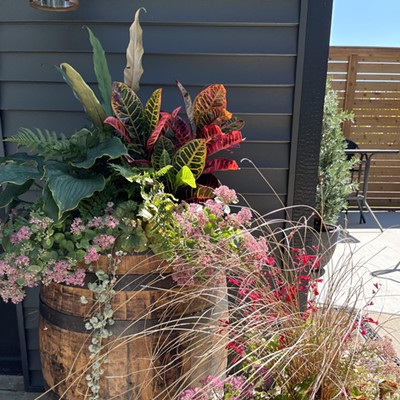High school teacher
Jill Turley, 60
Newly retired after 35 years in special education
Jill Turley worked for Sangamon Area Special Education District at Virden junior high for a semester, then taught in a self-contained classroom for emotionally disturbed students at a separate facility. Later she worked as a behavior interventionist. The past 18 years she has taught at Chatham's Glenwood High School in an alternative classroom. She retired June 1. She plans to take some time off and pursue a consulting position next year.
Teaching is more than just the classroom. Teachers are always busy, even during the summer. There are new curriculums to learn, activities to organize and assignments to be created. Many teachers bring their work home with them as well. "Oh, parents have no clue," says Jill Turley. "I work 2-4 hours every night just grading papers and creating new lessons." Teachers want all of their students to be successful and often spend hours outside of general class time working with students. "I don't think people understand what it takes to teach," says Turley. "You don't just walk into the classroom and read from a book. they don't realize how important connections with the kids are."
Teachers know when students are distracted. Teachers have lots of experience with human behavior and are great at reading body language, inflection and facial expressions. "We know if you're not paying attention in class," says Turley. "You can say something very simple and know if the kids know what's going on or not." Over time teachers get to know their students very well and adjust classroom activities to keep them engaged.
Teachers often pay for supplies out of their own pocket. Many teachers dip into their own paychecks to keep their students covered during the school year. "Teachers buy so many things out of their own pocket for their classroom," says Turley, "Kleenex, hand sanitizer, additional school supplies to have on hand in case someone needs something." Schools don't typically supply these things. Teachers are also always there in case their students need a hand. "Your child forgot his/her lunch money – chances are a teacher either gave them money or bought their lunch," says Turley. "A child comes to school without breakfast – I always had items to feed them."
Remote learning is hard on everyone – especially on children with special needs. With the shift to online learning across the country, teachers' roles are more important than ever. Many parents don't understand how crucial teachers are to their children's education. "Just because you're given a teacher's edition of the textbook doesn't mean you're told how to teach," says Turley. "Just because I'm not in a physical building doesn't mean I'm not still teaching and connected to your child." For some students, school is more than just education. It's an escape from their home life. "Online learning is awful. My students all had my personal cellphone so they could talk to me at all times," says Turley. "School is their safe place. Even if most kids are working remotely, schools should be working on ways to bring the students with disabilities in anyway."
Contact Jospeh Copley at [email protected]

